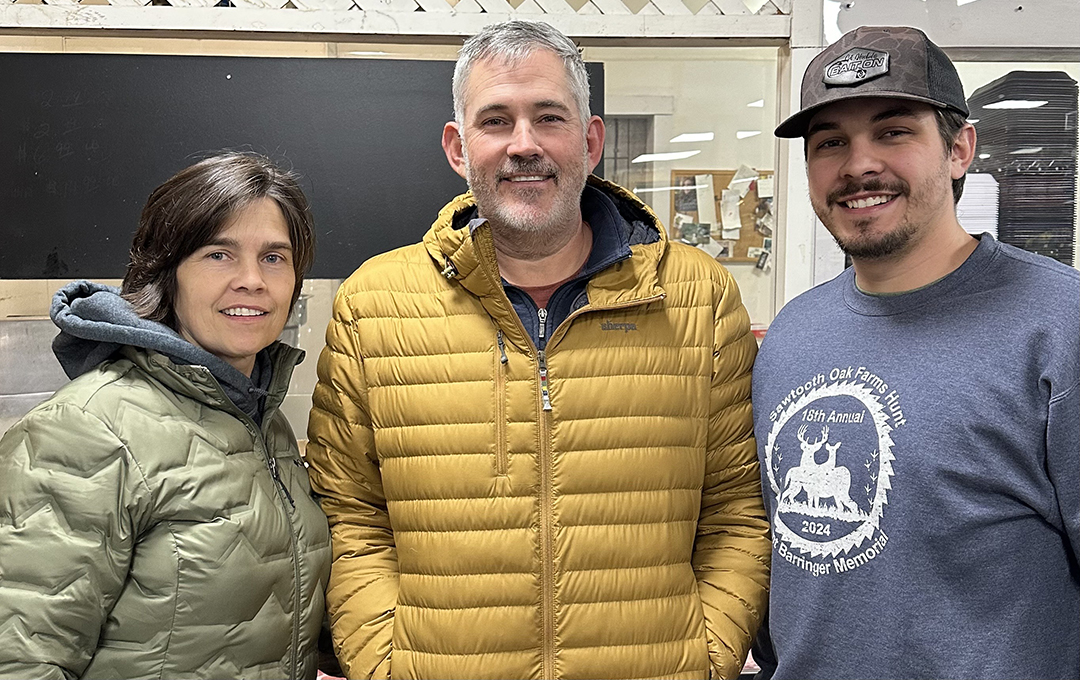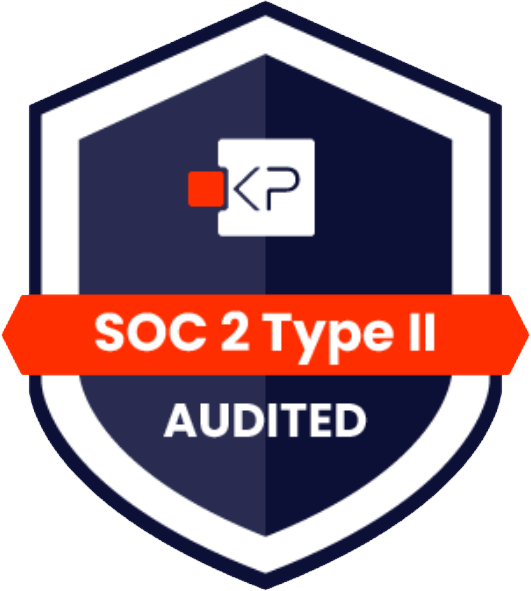
Fisherman’s Friend
Fast Stop sits on the edge of a fisherman’s and sportsman’s paradise, which shaped the development of the family-run business.
In the middle of North Carolina you’ll find a little town of around 700. It’s called New London, and if the name seems out of place, there’s a little history behind it.
Though the town was first settled around 1830, it didn’t get its current name until the area’s 1870’s gold rush, when it was first suggested by the captain of the English company that managed mining operations. It was officially adopted by the city in 1891, a replacement for the less elegant, Bilesville[1].
Though the heyday of mining operations is long gone, New London remains a vital town, a center of commercial and other activity centering around the Uwharrie Lakes and Waterways, a remarkable natural area which includes Badin Lake, closest to New London, just 5 miles away.
The whole network is a fisherman’s paradise,[2] and that’s kind of an understatement. All told, the water covers about 15,000 acres, and is home to bluegill, catfish, crappie, and several types of bass. The surrounding Uwharrie National Forest and Morrow Mountain State Park add even more acres of recreational land and waterways. It’s easy to picture yourself coming here for a little down time, maybe on an April evening, when the temperature in the low 70’s.

If you do visit New London, you won’t be able to miss SSCS customer, Fast Stop. If New London is a commercial hub for the area, Fast Stop is its retailing core, drawing residents of small towns from miles around, a sustainable market far larger than New London’s modest population might suggest.
Fast Stop is special, too, because it is an integral part of the town’s history and tradition. The original 1941 building began life as a grocery store, and the c-store operates in that building today, although since then it has undergone a complete transformation in appearance and approach, beginning with its purchase by Johnny Hatley in 1981.
Johnny rapidly gained a reputation as a proprietor that locals could count on—and more. In this rural area, in the days before big box stores, Johnny would keep the store open from 5:30 in the morning, until 11:00, 365 days a year. The store became known as “Johnny’s” to its customers. It became an institution, which it remains today.
The store still serves the fishermen and sportsmen who travel to the area—mostly in the bait and tackle shop across the street, but the business has no doubt thrived by addressing the needs of the locals, just as its founder did.
David and Shelley Palmer own the store today. Son Brandon is also involved. Johnny was Shelley’s dad, and the family store remains as important to local consumers as it ever did. “We don’t have any drive by traffic to speak of,” says David. “So to succeed we have to address the needs of the people that live in and around here. And they have a lot of different needs.”

That means Fast Stop, with a 76-branded gas station, is as good as a one-stop-shop for residents. There’s a deli with an extensive menu of hot and cold sandwiches, a fresh meat department, and a bakery. The store partners with Hunt Brothers Pizza. A fresh breakfast encourages people to make it a habit to stop in.
“We have a lumber mill nearby, and there’s a big trailer manufacturer in the area, too,” adds Palmer. “We see their employees often. We have locals that come to eat here five times a week.”
The store also succeeds by making sure the inventory mix on the shelves is matched to regional demand. For example, each year the store sells a couple of hundred bundles of wood, 3,200 pounds of deer apples straight from the orchard, and 4,000 bags of shell corn, cob corn, and persimmon flavored corn, which you can see piled up in front of the store in the picture below:

That the store has become such a local institution is even more remarkable when you realize that Palmer, who had been in the automobile business for years, had little meaningful contact with his wife’s family’s store until Johnny and his Wife, Teresa, both passed away within a day of each other. Suddenly, the long time, local institution had nobody to run it.
“It was a sad time,” recalls Palmer, “but we also had to think right away about being handed the keys to a business with no meaningful direction. We dug in, though, got a little cooperation from our suppliers and vendors, and despite some initial cash flow issues, were fully funded again in 90 days.”
Though sustaining a run of success in the ensuing years, Palmer continued to feel limited by the technology he had at his disposal. His instincts told him that the store could be more profitable, but his software wasn’t giving him what he thought he needed to figure out how.
He began to look around for a better back office system, a quest that eventually led him to SSCS. But that’s a story for next week. See you then!
[1] Named after Thomas “Uncle Tommy” Biles, a local landowner and farmer.
[2] As well as boating, hunting, hiking, horseback riding, mountain biking, and camping.







Leave A Comment